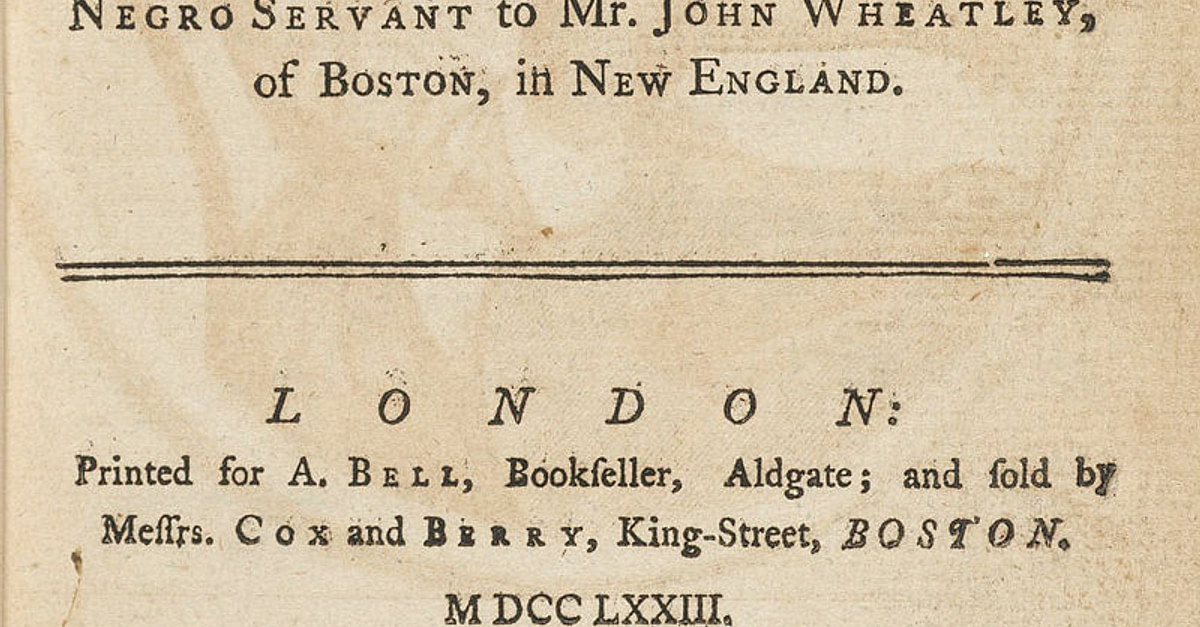
"Thomas Jefferson dismissed Wheatley's poetry as "mimicry," reflecting the prevailing view that Blacks lacked the capacity for the "higher thought" necessary for writing poetry."
"The book was reviewed positively in England for Wheatley's knowledge of mythology and literature, challenging beliefs about Black intellectual capacity."
"Wheatleyâs success as a poet in England prompted some reviewers to advocate for a reevaluation of the perceived mental abilities of Africans."
"Despite positive reviews in England, Wheatleyâs work did not sway Jeffersonâs belief in the intellectual inferiority of Blacks, demonstrating societal prejudices."
Phillis Wheatley's poetry, while celebrated in some circles, faced dismissal from contemporaries like Thomas Jefferson, who labeled it as mere "mimicry," aligning with societal beliefs of Black inferiority. Despite the overwhelming positive response to her published collection in England, where reviewers recognized her literary skill and piety, Jefferson's perspective remained unchanged, reflecting deep-seated prejudices of the time. Wheatley's work successfully prompted some English readers to reconsider their views on Black intellectual ability, challenging the dominant belief systems that justified slavery.
Read at World History Encyclopedia
Unable to calculate read time
Collection
[
|
...
]